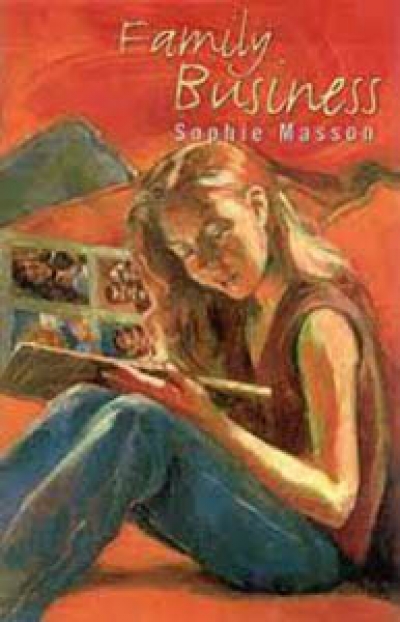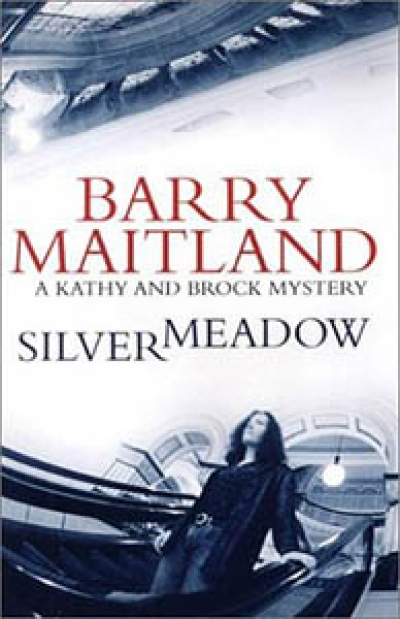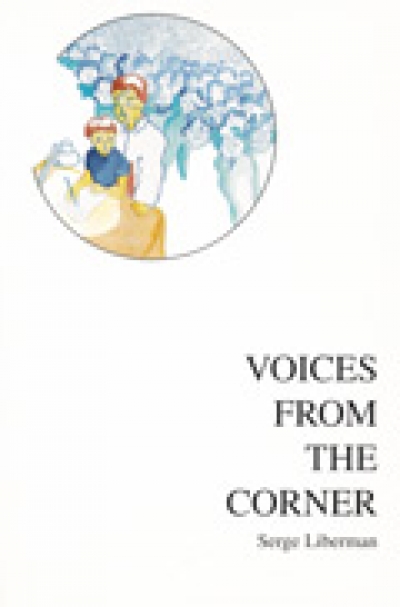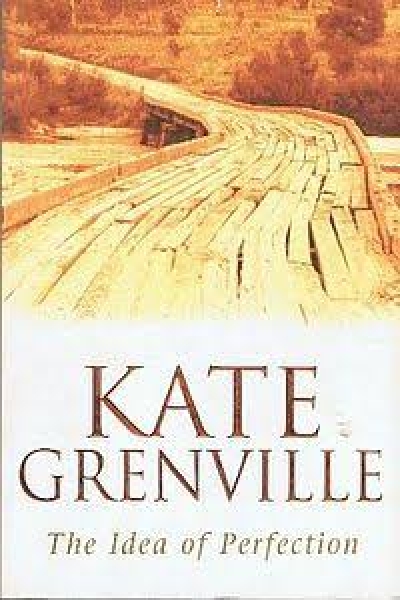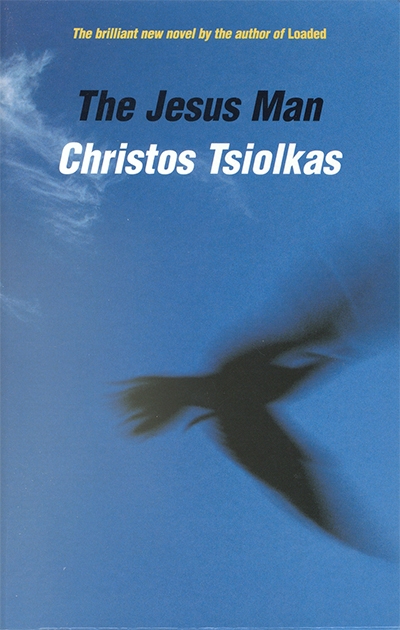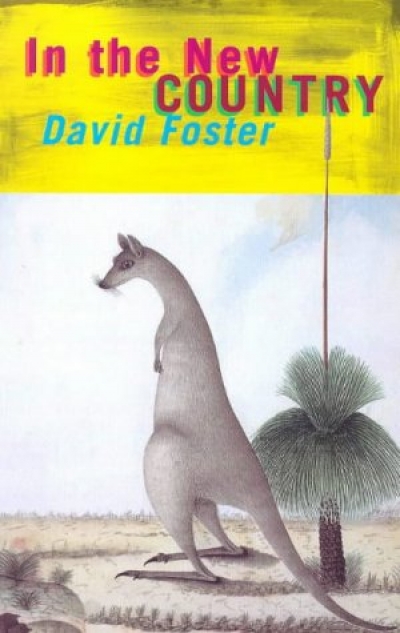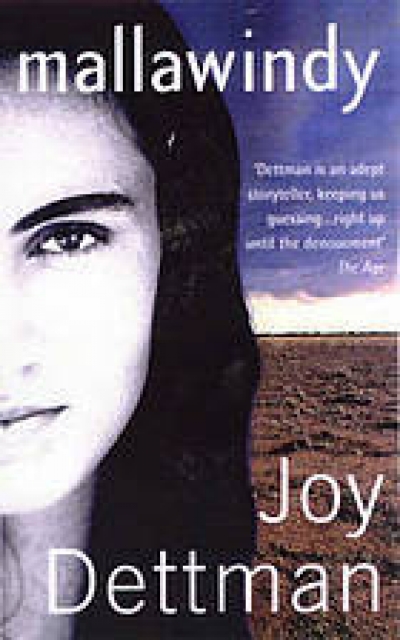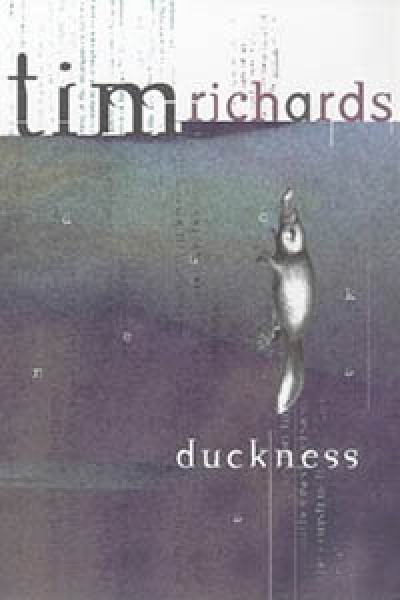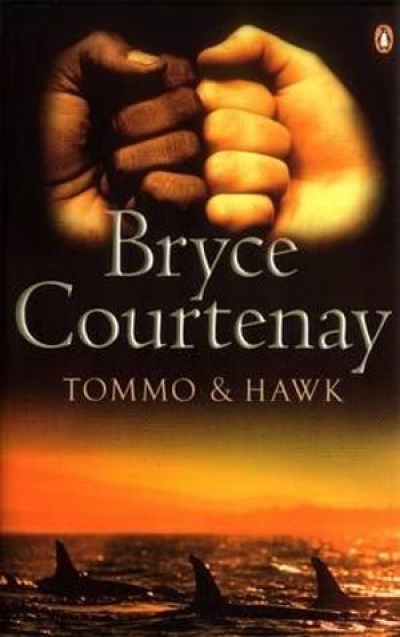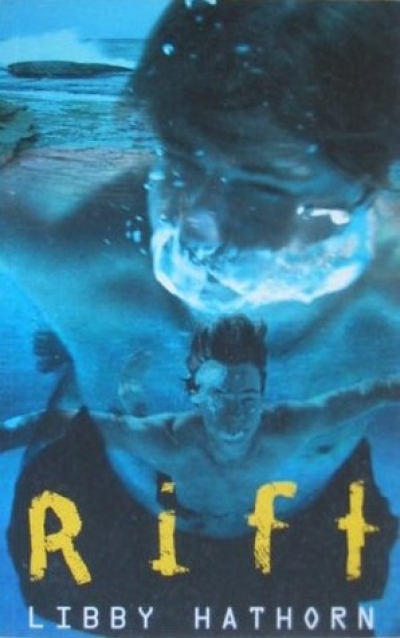If I were inclined to draw connections between books and food, Joy Dettman’s first novel would have to be a hamburger: it’s big, it’s juicy, it’s relatively quick to consume and it’s packed with all the generic trimmings of which a good meaty mystery is made. And while certainly Mallawindy’s characters are thus rather stereotypical and the quality of Dettman’s writing a little clumsy at times, this book is worth sampling if you’re ever so slightly addicted to narratives with gusto. It’s the kind of book you could easily enjoy on the plane, on the tram, or, yes, even on the couch and forget where you were – and this is apt given that one of the primary concerns of this book is not so much food (although a portion of it has made its way into Michael Gifkins’ 1994 extravaganza, Tart and Juicy) as memory loss.
...
(read more)

